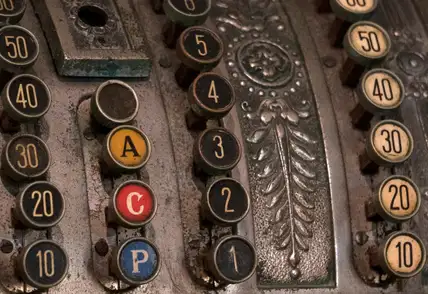Merchant model
The merchant model refers to a business approach where a company purchases goods or services to sell them to customers at a profit by adding their markup. This model is common in various industries, including retail, wholesale, eCommerce, and travel.
In the travel industry, OTAs, bed banks, or other resellers that work on the merchant model (also called the net contracted model) negotiate discounted rates with suppliers (hotels, airlines, or car rental companies). The OTA adds its markup to form the final prices presented to travelers. The payment for the booking goes to the OTA, which pays the net price to the supplier and retains the markup.
The merchant model is contrasted with the agency model where an OTA acts as an agent between the customer and the service provider (e.g., hotel, airline). In this case, the OTA only facilitates the booking and collects a commission from the service providers after the customer pays them.
Though the merchant model involves higher risk and capital investment, the reseller benefits from having more control over the final price offered to consumers, which allows for potentially higher margins. Most big OTAs like Expedia or Booking.com combine both agency and merchant models.




